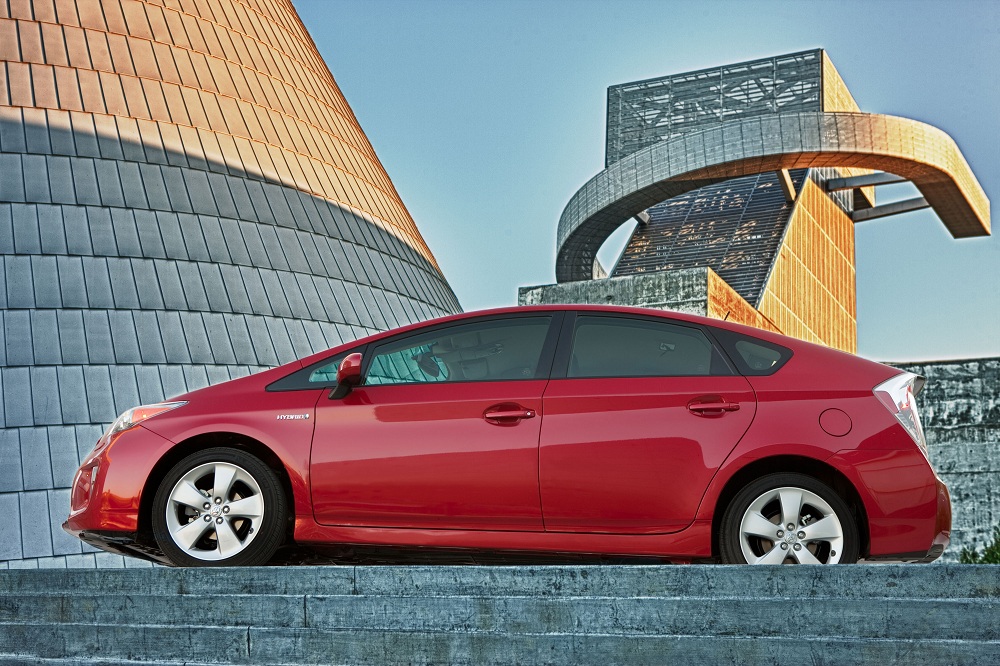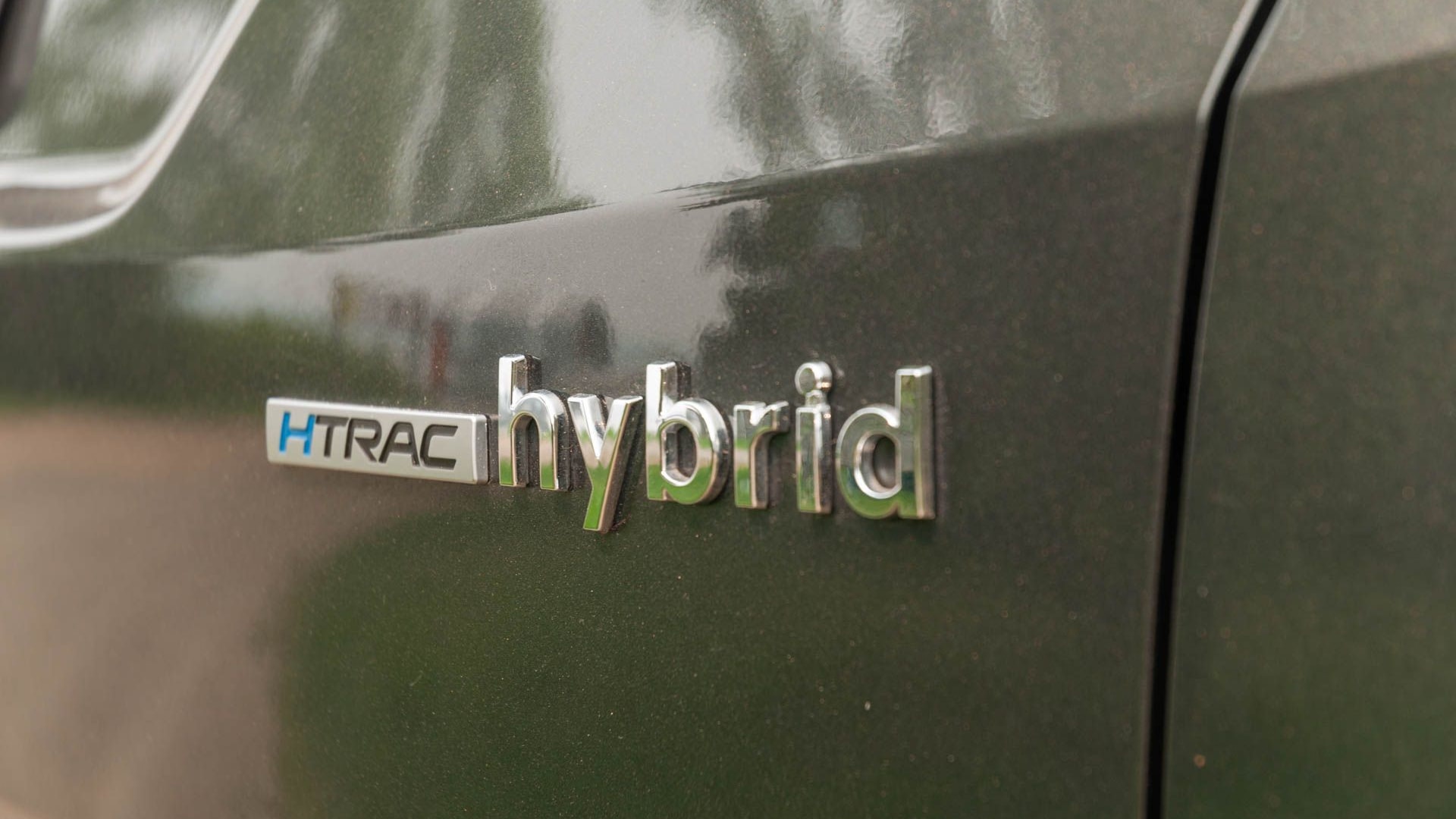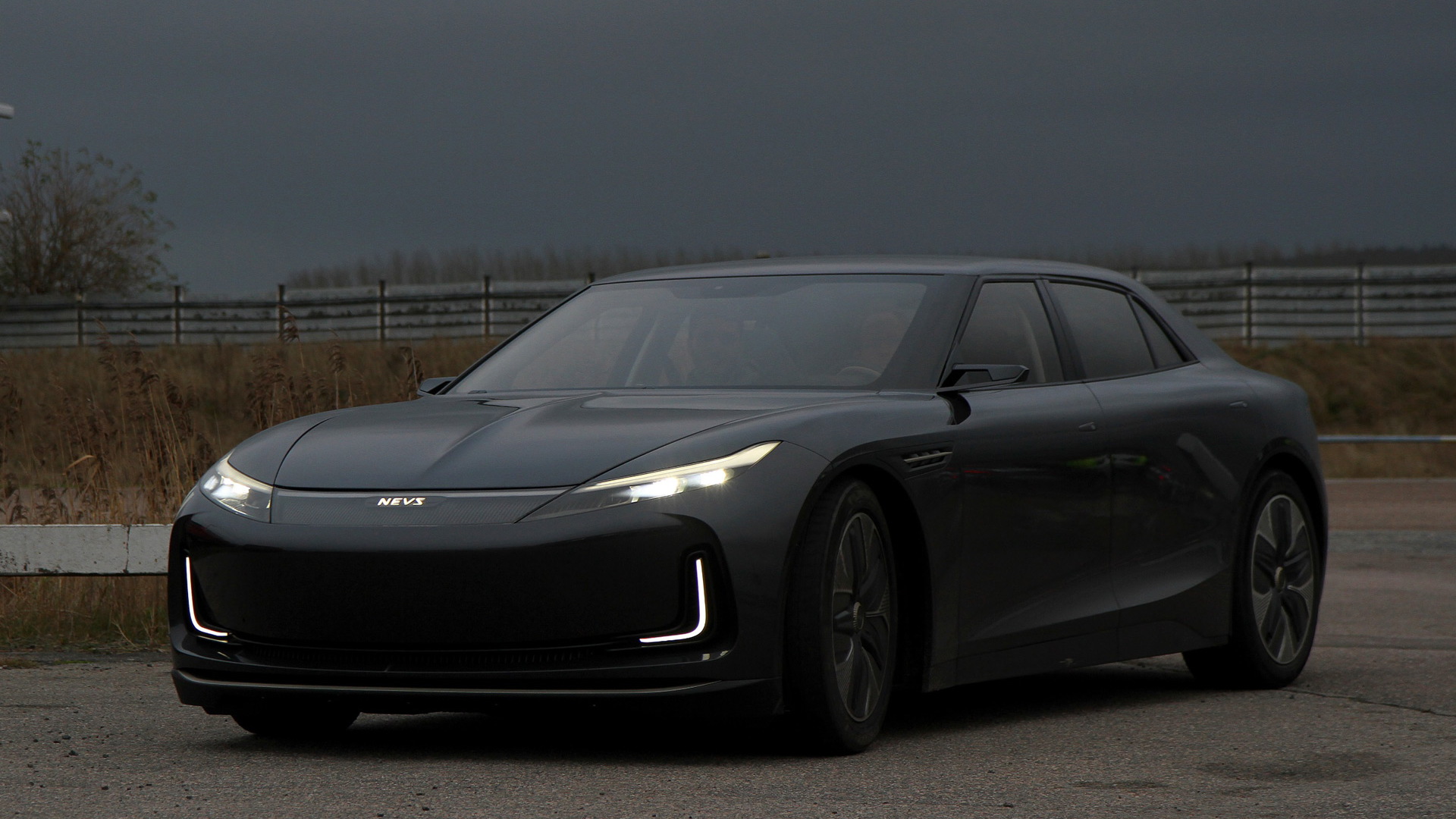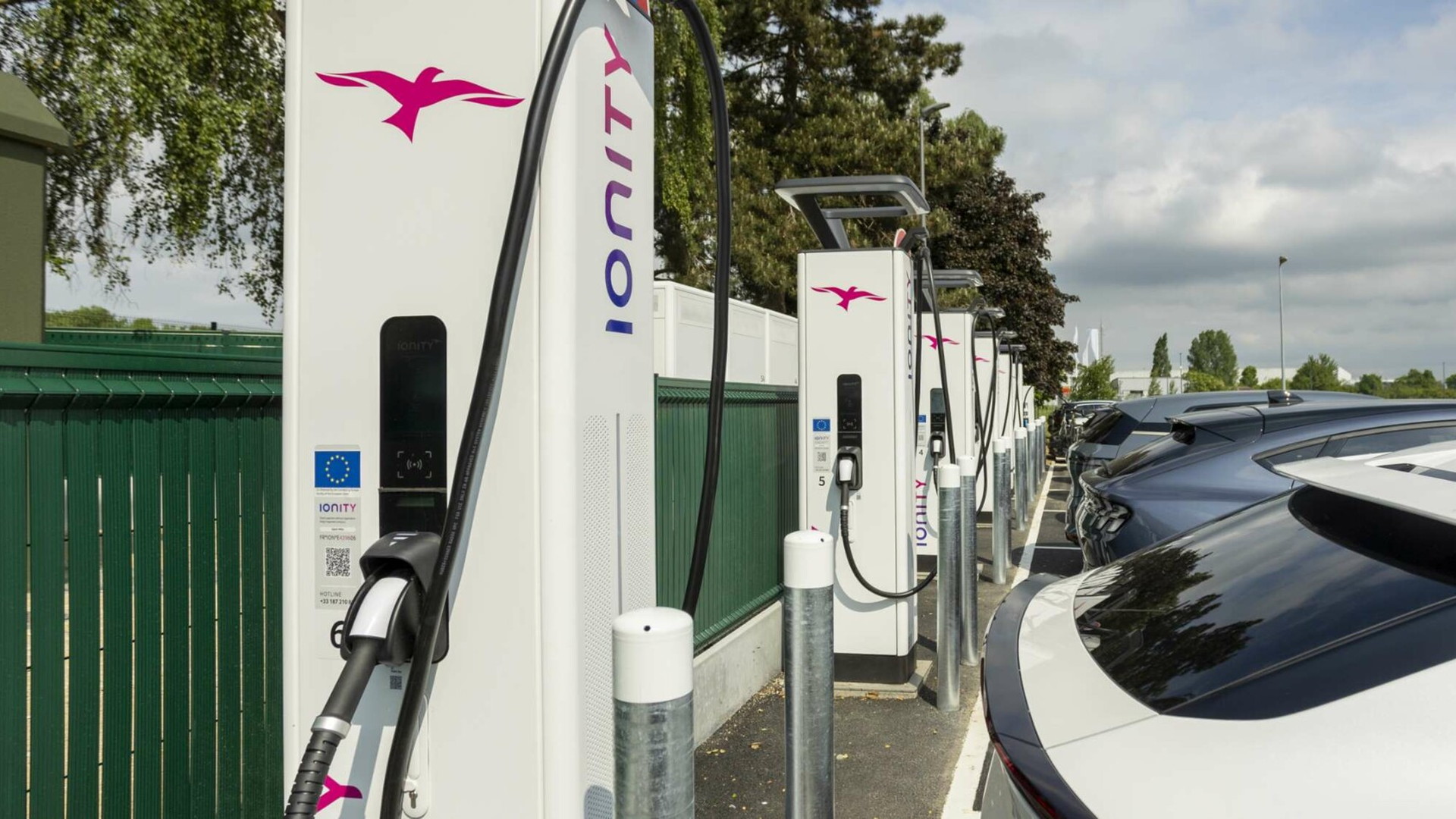No one wants to buy a brand-new car, only to find out that its real-world fuel economy doesn't match the numbers on the window sticker.
The Federal Trade Commission (FTC) may take a step to reduce that occurence with revisions to its fuel-economy advertising guidelines, the Detroit News reports.
In a notice released last week, the commission said it is seeking comments on potential updates to its nearly 40-year-old advertising guidelines.
DON'T MISS: Real-World Gas Mileage Moving Away From EPA Ratings: Report
The FTC issued its "Guide Concerning Fuel Economy Advertising for New Automobiles" in 1975, and has now been considering changes for five years.
For this latest round of potential revisions, the FTC is asking commentators to "focus on information that helps marketers avoid deceptive or unfair claims."

2012, 2013, and 2014 Toyota Prius
The commission will also consider whether an ad is deceptive if it only specifies the fuel-economy rating in one EPA category, or lists a specific mpg rating but doesn't specify the category.
Another goal is to better-define the guidelines as they relate to electric cars and alternative-fuel vehicles.
The FTC has considered revisions to its advertising guidelines as far back as 2009, but that review was postponed in 2011 pending the implementation of new EPA fuel-economy labeling rules.
This latest attempt to revise the guidelines comes as the real-world gas mileage achieved by drivers continues to diverge from the official ratings, not only in the U.S. but in other regions as well.
MORE: Real-World Gas Mileage Varies By Brand; Honda Does Well, Ford Not So Much
According to a report (pdf) from the International Council on Clean Transportation, the average difference between U.S. rated fuel efficiency and real-world gas mileage jumped from 20 percent or less in 2001 to 35 percent in 2012.
Some car brands are worse than others, though: Honda and Volkswagen real-world fuel economy came fairly close to their EPA ratings, while Ford vehicles have often lagged.
In fact, the 2013 Ford C-Max Hybrid was so far off its EPA-rated figures that Ford ultimately had to revise the ratings down--and pay owners for the difference.
_______________________________________________












